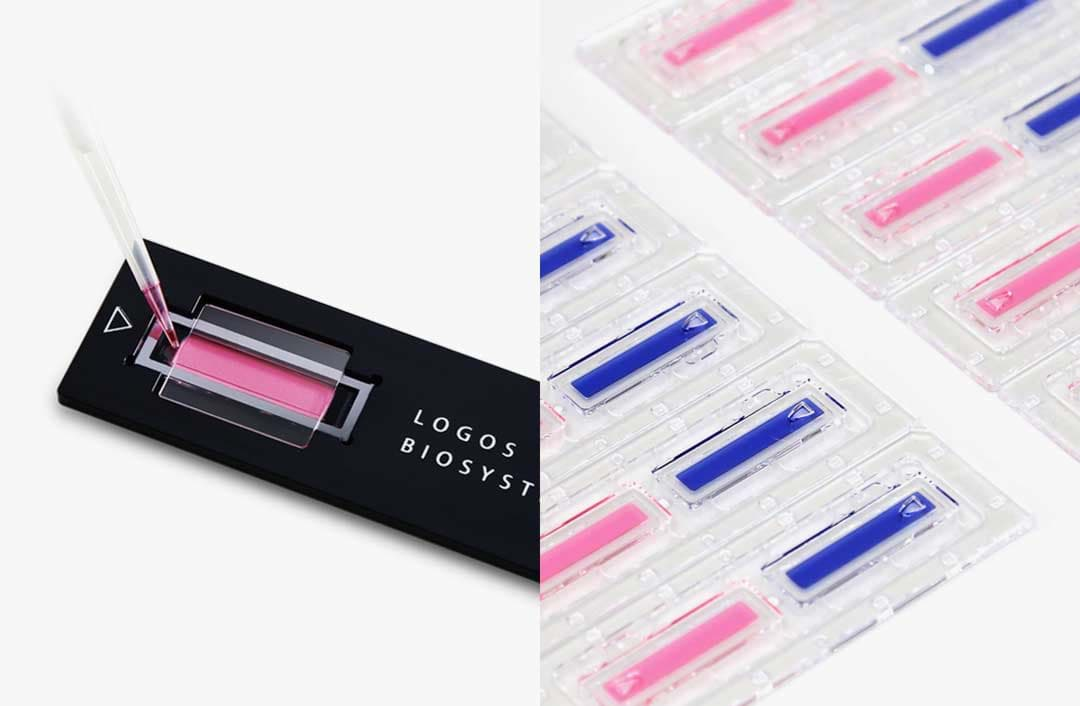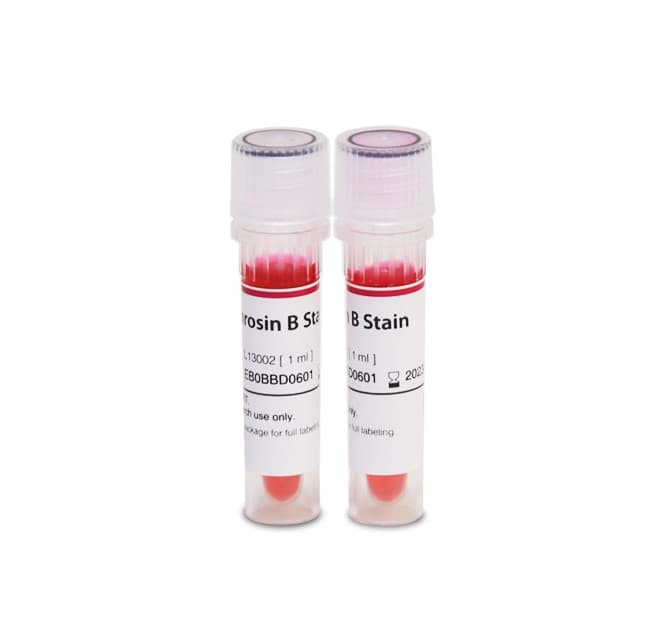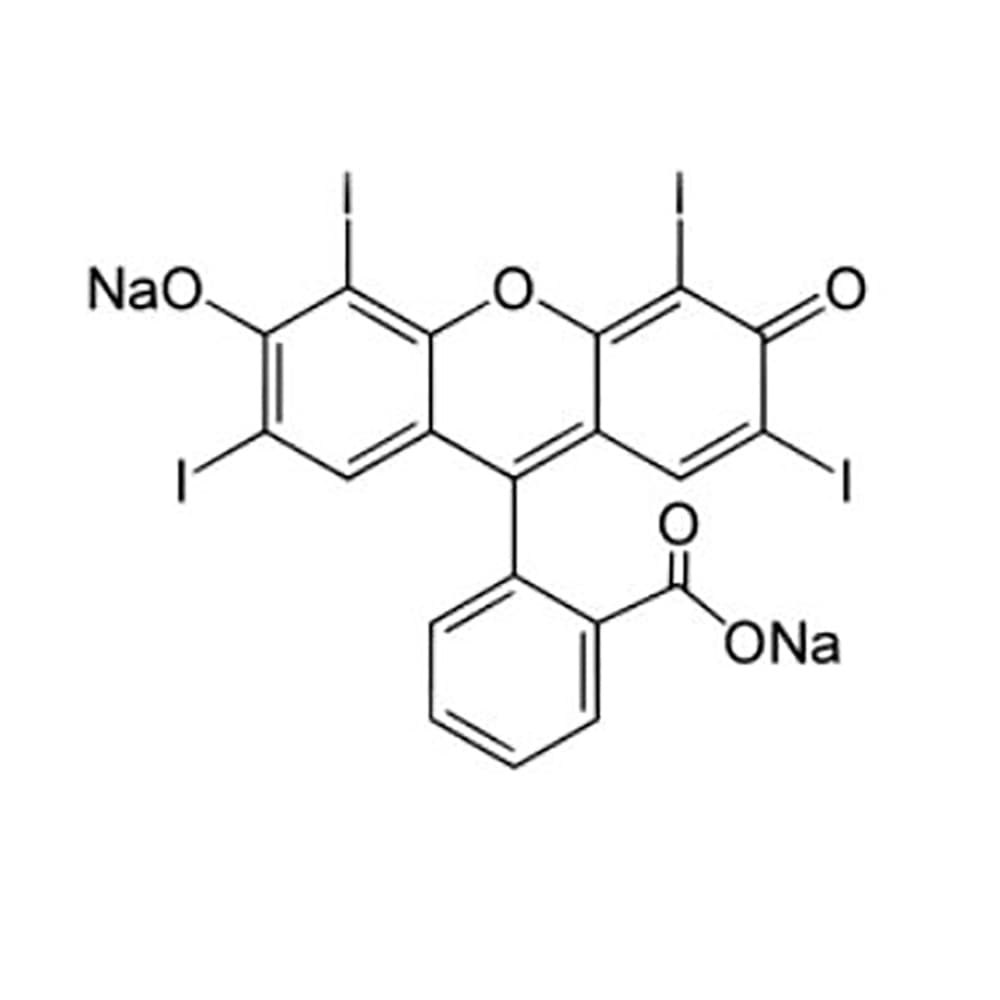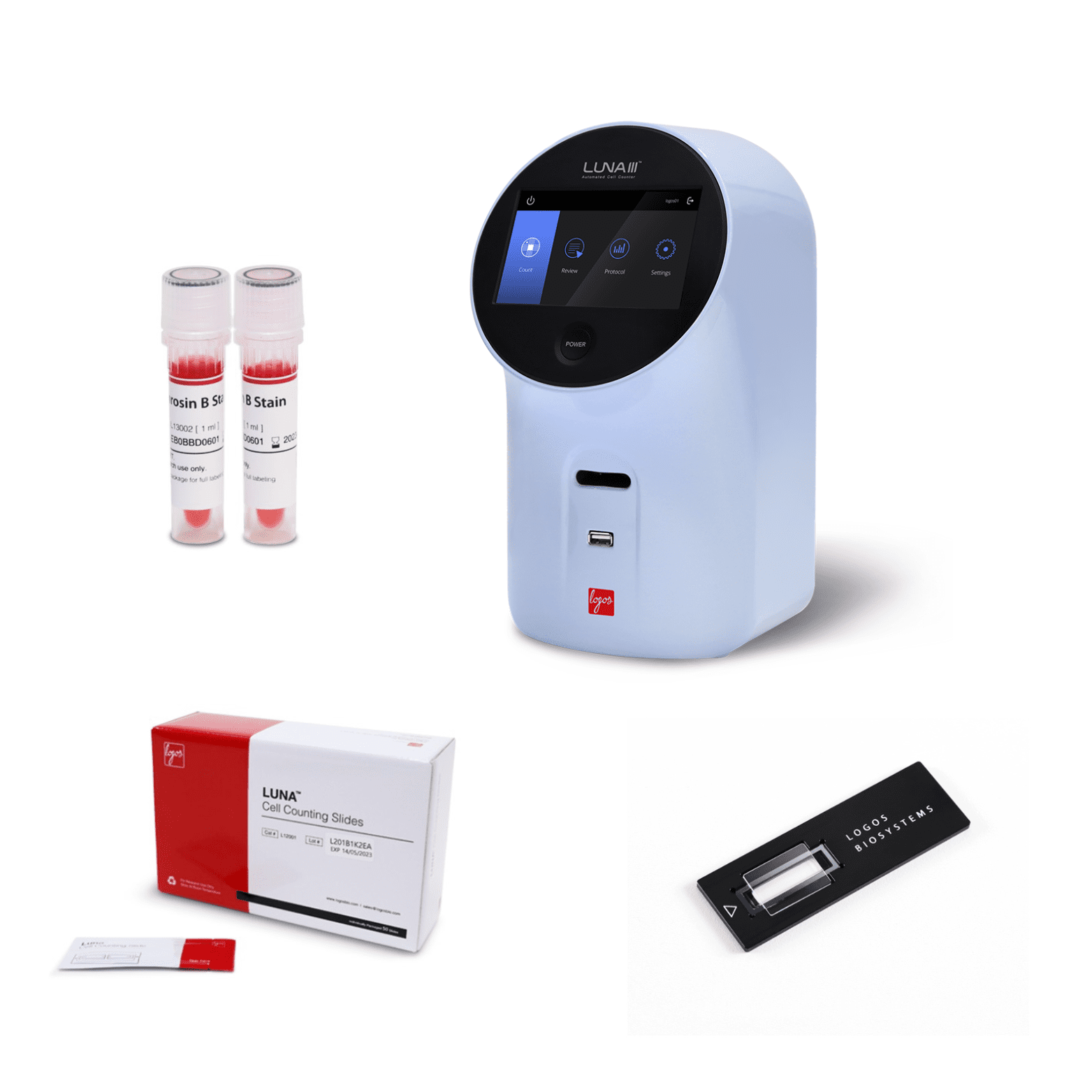Sustainability is becoming an essential focus in laboratories worldwide. As research and clinical facilities seek to reduce their environmental footprint, even routine tasks like cell counting present an opportunity for improvement. Traditional cell counting methods often rely on disposable plastic slides and toxic viability dyes, contributing to laboratory waste and potential health hazards. However, innovative solutions, such as the LUNA-III™ Automated Cell Counter, are demonstrating that a more sustainable approach is possible.
Reduce lab waste with reusable glass slides
One of the most effective ways to enhance sustainability in cell counting is by reducing single-use plastics. Conventional automated cell counters typically require disposable plastic slides, which contribute to the growing burden of laboratory waste. The LUNA cell counters address this challenge by offering cost-effective reusable quartz glass slides. These slides maintain the same high level of accuracy and reliability as their disposable counterparts while significantly reducing plastic waste. Over time, laboratories can decrease both their environmental impact and operational costs.
Safer, non-toxic viability dyes
Another key aspect of sustainable cell counting is the use of safer viability dyes. Many traditional cell viability assays rely on Trypan Blue, a dye that has been classified as a potential carcinogen. While effective, its disposal requires careful handling to prevent environmental and health risks. Logos Biosystems offers a safer alternative by supporting Erythrosin B, a non-toxic dye that provides accurate viability assessments without the hazardous waste associated with Trypan Blue. By switching to Erythrosin B, laboratories can prioritize safety for both researchers and the environment.
Another major benefit of using a non-toxic dye, and reusable glass slides, is that they are compatible with all cell counters from Logos Biosystems.

Beyond sustainability
Beyond sustainability, the LUNA-III delivers high performance without compromising efficiency. Equipped with machine learning-based algorithms, it accurately recognizes cells even in challenging aggregated samples. Its enhanced autofocus system, adapted from the award-winning LUNA-FX7™, ensures precise cell viability and size measurements, providing reliable data for downstream applications.
Additionally, the LUNA-III supports re-analysis of stored images, allowing researchers to optimize results without the need to process additional samples. With 10 GB of internal storage and network connectivity options, data management and transfer are streamlined, further improving workflow efficiency.
Interested in more sustainable cell counting? Take a look a the Luna III sustainable package . 
A step towards greener labs
Sustainability in the lab is an achievable goal, and small changes, such as adopting reusable slides and non-toxic dyes, can make a significant impact. The LUNA-III Automated Cell Counter is a testament to how laboratory tools can evolve to meet both scientific and environmental needs. By embracing more sustainable cell counting practices, researchers can contribute to a greener future without sacrificing accuracy or efficiency.

